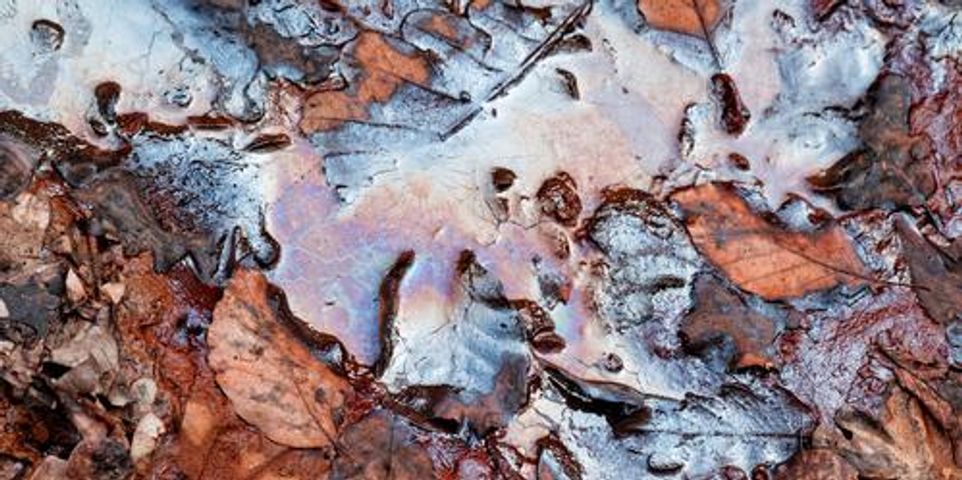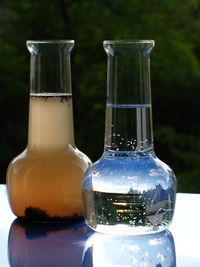5 Ways to Know Your Well Has Been Contaminated

Residential water systems are designed to provide clean, healthy water to your home without skipping a beat. However, without regular well pumping and help from a well maintenance team, you put your family at risk of drinking contaminated water. Residential water systems can become contaminated for a number of reasons, and as a responsible water storage system user, it’s up to you to familiarize yourself with the signs of a problem so that you can act quickly and ensure safety for your loved ones.
5 Signs Your Well Is Contaminated
1. Color
The color of your water is a tell-tale sign of how healthy and clean it is. In a properly-functioning residential water system, the water should be clear and easy to see through without any signs of cloudiness or color. If you’re seeing that the water you retrieve is murky, cloudy, brown or orange, it’s time to call a pumping service, as it’s likely your well has been contaminated with rust or bacteria.
2. Smell
Water should never have a distinct smell. If the water that’s coming from your system smells metallic or has even a faint odor of sulfur, stop drinking it right away. This usually means that foreign minerals or chemicals have been introduced to the source and it should be cleaned out and sterilized immediately.
3. Oil
 Oily water is most commonly seen in bathtubs and the sinks in your bathroom. You may notice that your skin or hair feels different upon exiting the shower, which should be an immediate red flag. Most often, this is a reflection of a problem with your system’s filtration mechanism, which might be allowing oil or grease into the water source. If you notice oily water on a regular basis, don’t hesitate to have the system pumped and cleaned.
Oily water is most commonly seen in bathtubs and the sinks in your bathroom. You may notice that your skin or hair feels different upon exiting the shower, which should be an immediate red flag. Most often, this is a reflection of a problem with your system’s filtration mechanism, which might be allowing oil or grease into the water source. If you notice oily water on a regular basis, don’t hesitate to have the system pumped and cleaned.
4. Grit
Few things are as unpleasant as taking a sip of water and being greeted with gritty sediment. Because well water is pulled straight up from the ground, it’s not uncommon for sediment to find its way into your drinking glass. For most homes, a noticeable amount of sediment usually reflects a leak in the main water line that needs to be addressed.
5. Rust Transfer
Using well water means keeping an eye on every appliance that utilizes the main water line, including appliances like your dishwasher. Silverware that inexplicably shows signs of rust may indicate a higher level of iron in your water than is usually recommended. If you’ve noticed a sudden increase in rusty forks and spoons, call your local pumping company to take a look at a water sample to determine the safest course of action.
Urban Alaska homes count on Anchorage Well & Pump Service to keep their residential water systems functioning flawlessly. For over 40 years, they have served as the area’s leaders in everything from pumping to bulk water hauling and hydrofracing. For more help, visit them online or call at (907) 243-0740.
About the Business
Have a question? Ask the experts!
Send your question

